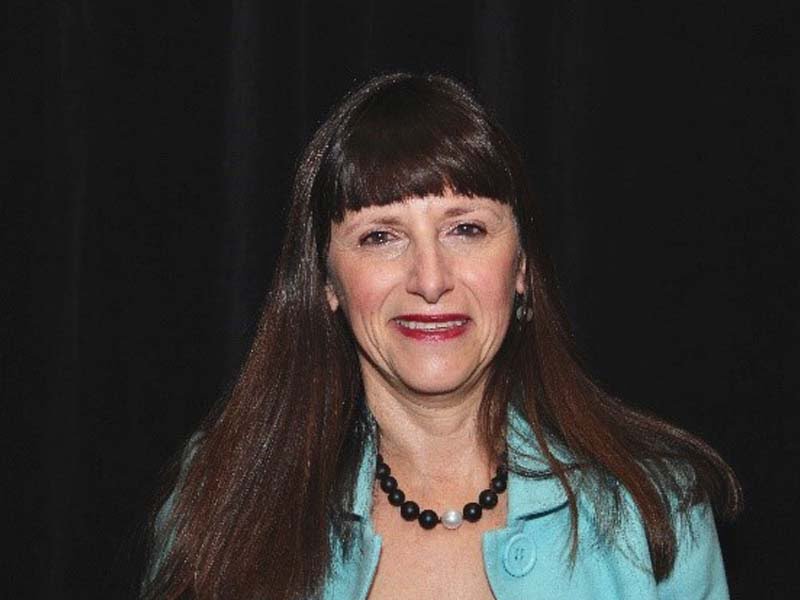Australian government cannot afford to “tinker” with innovation, it must be much braver says Michelle Blum, CEO of the Australia Israel Chamber of Commerce.
“There needs to be a greater sense of urgency about this. That is one of the things you feel in Israel – there is always a sense of urgency,” she tells The Establishment.
Much of that sense of urgency comes from the geopolitical challenges facing Israel along with its scale and lack of natural resources.

In contrast, Ms Blum says that in Australia “we have been blessed” with a beautiful country, amazing resources and wonderful quality of life.
In the past we have been able to rely on commodity-led growth.
Clearly in the future that is not an option for us.
“If we don’t make significant changes the world moves on,” according to Ms Blum, adding that the risk is that Australia will find it increasingly difficult to compete with countries such as China, Singapore and Israel where governments give far stronger support to innovation.
While the AICC is a chamber of commerce focused on building trade, investment and collaboration between Australia and Israel, Ms Blum says the organisation has cultivated a louder voice in the innovation dialogue in this country to “inspire and educate”.
She says that there is much that Australian businesses can learn from their Israeli counterparts.
First local business needs a more global mindset, she says.
“In Australia we tend to be more focused on ‘can we make it in NSW and maybe Victoria and perhaps New Zealand or somewhere in Asia’ – we don’t really have that global mindset.”
Australian business also needs to rethink risk and failure and accept that “failing is OK and part of the process of learning how to build a successful business.”
It’s not just business that needs to rethink, she warns.
“The role of government been very important in providing support for really high risk, high innovation in Israel – and we need to see more of that here. We can’t be tinkering, we need to be braver.”
According to Ms Blum Australia still needs more national clarity regarding its innovation and growth strategy and a ‘sense of purpose’ around science, innovation and technology.
“It’s not that there aren’t statements out there by people in leadership roles and government, and the NISA recommendations.
“Obviously, we have lots of people out there making statements – but is this being embraced? Is there a political understanding? In the business arena? In the university sector? Is it strong across all government – state and federal?
“I don’t think that narrative exists, whereas when you travel in Israel you do have a very strong sense of a national narrative and an agenda for the country in terms of an innovation agenda, the technology agenda – what the opportunities are for the country.”
Australian business itself seems very keen to learn what it can from Israel. When the Chamber started running trade missions back in 1989 it ran a couple each year. Last year more than 30 trade missions visited Israel from Australia.
Also AICC’s executive education programme which is run in partnership with Tel Aviv University kicked off this year. That has been designed to drive digital transformation in business and provide students with a better understanding of the disruptive technology landscape. In the first semester 25 students participated.
The problem for Australia according to Ms Blum is complacency.
“The thing that concerns me is the lack of urgency – the sort of relatively fragmented approach because of states and federal.
“Where Israel has been successful it has been by being very strategic and taking big investments and really focusing in a strategic way in areas that Israel can be strong in, cyber security for example,” as well as autonomous vehicle technology and digital health.
“There is this continual strategic approach on which industries are going to be important to the world and what can we do here to play a key role in it. It has been very forward thinking – it feels little bit complacent here – we don’t seem to be in the race in the same way.”
Do you know more? Contact James Riley via Email.

